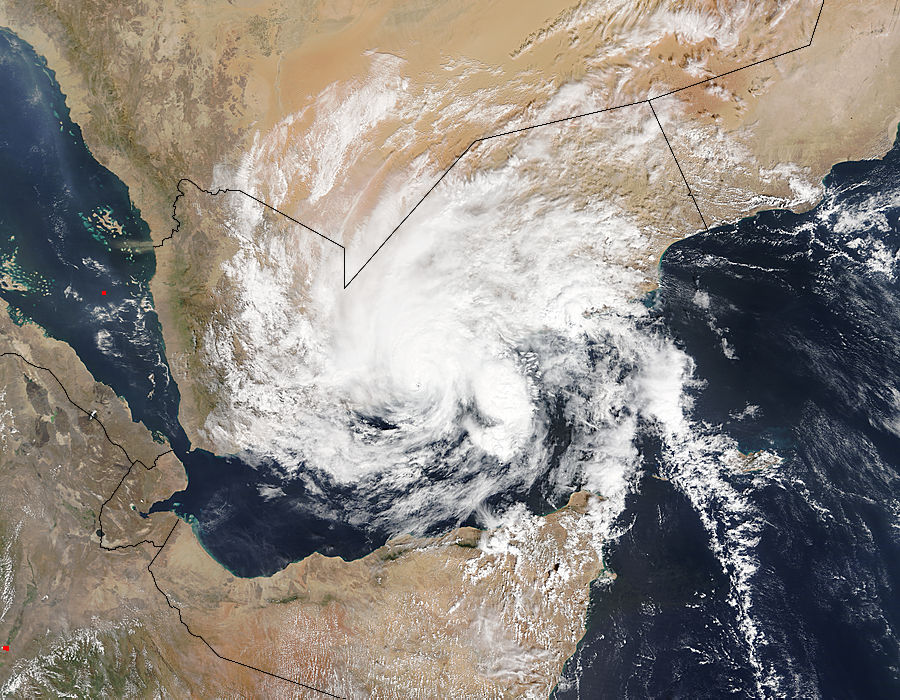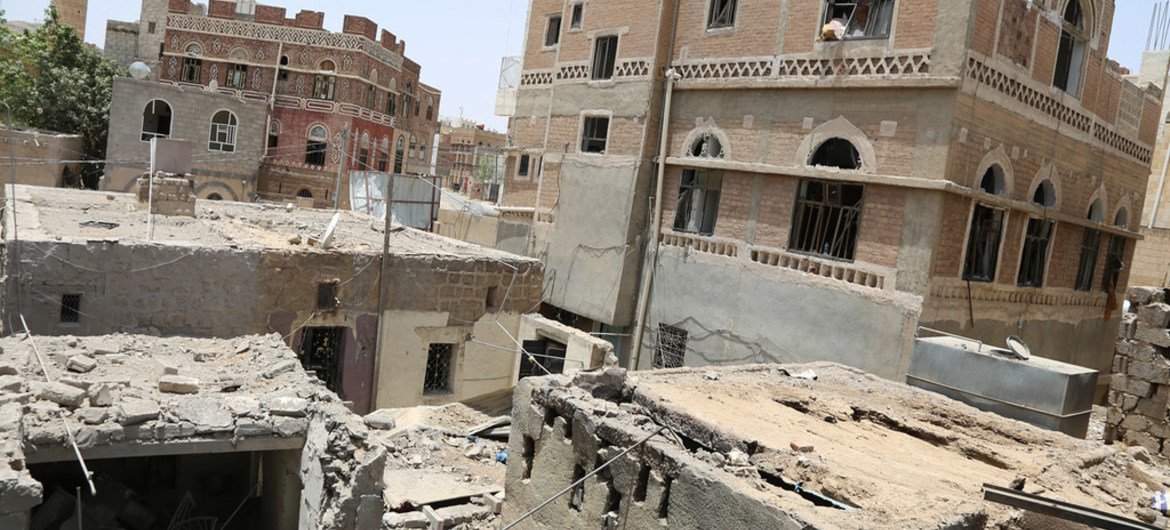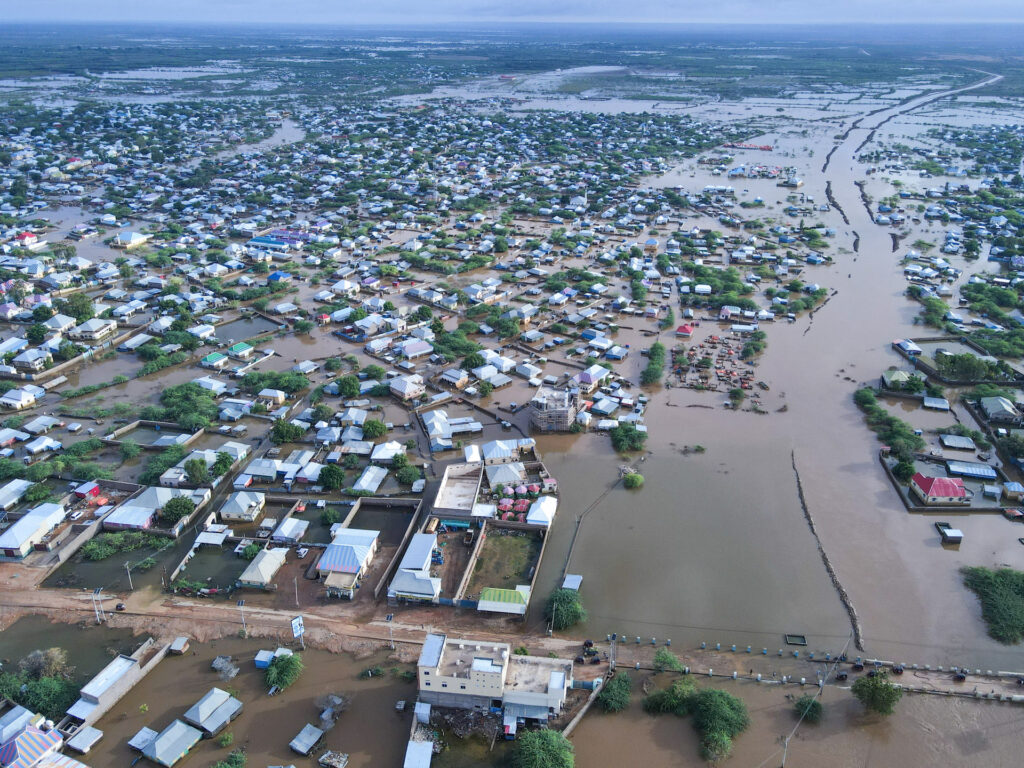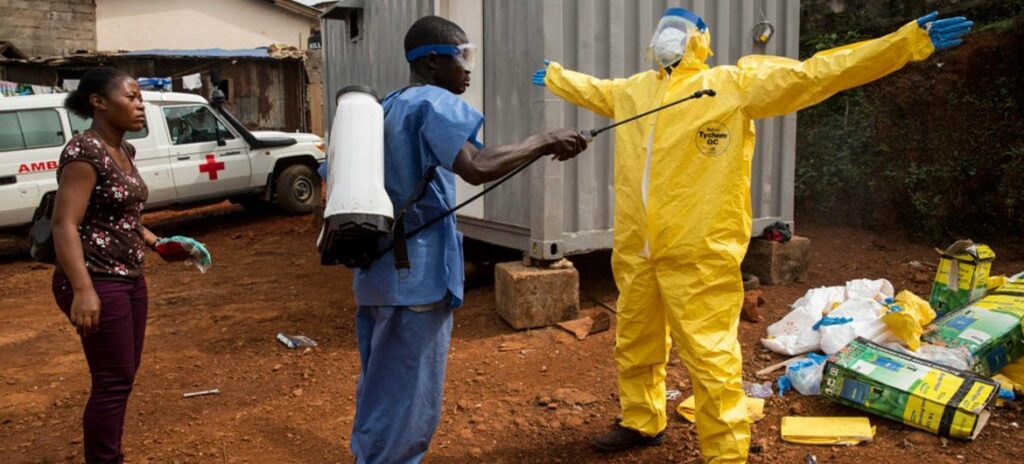In 2015, in response to Cyclone Chapala, which impacted Yemen, Norway provided ICT support through the International Humanitarian Partnership (IHP) framework to the United Nations Disaster Assessment and Coordination (UNDAC) team. This deployment was part of a broader effort to improve communication and coordination in a region where infrastructure was heavily damaged by the cyclone. The IHP ICT support team’s role was to establish reliable communication systems, helping the UNDAC team facilitate the flow of information between humanitarian actors, local authorities, and international organizations involved in the disaster response.
This deployment underscored the importance of ICT in emergency operations, particularly in complex and challenging environments like Yemen, where communication networks were compromised by the cyclone’s destruction. The ICT team’s timely intervention was essential for ensuring that the UNDAC team could continue its mission of assessing the damage and coordinating relief efforts effectively.

Cover Photo Credit: OCHA/Charlotte Cans



